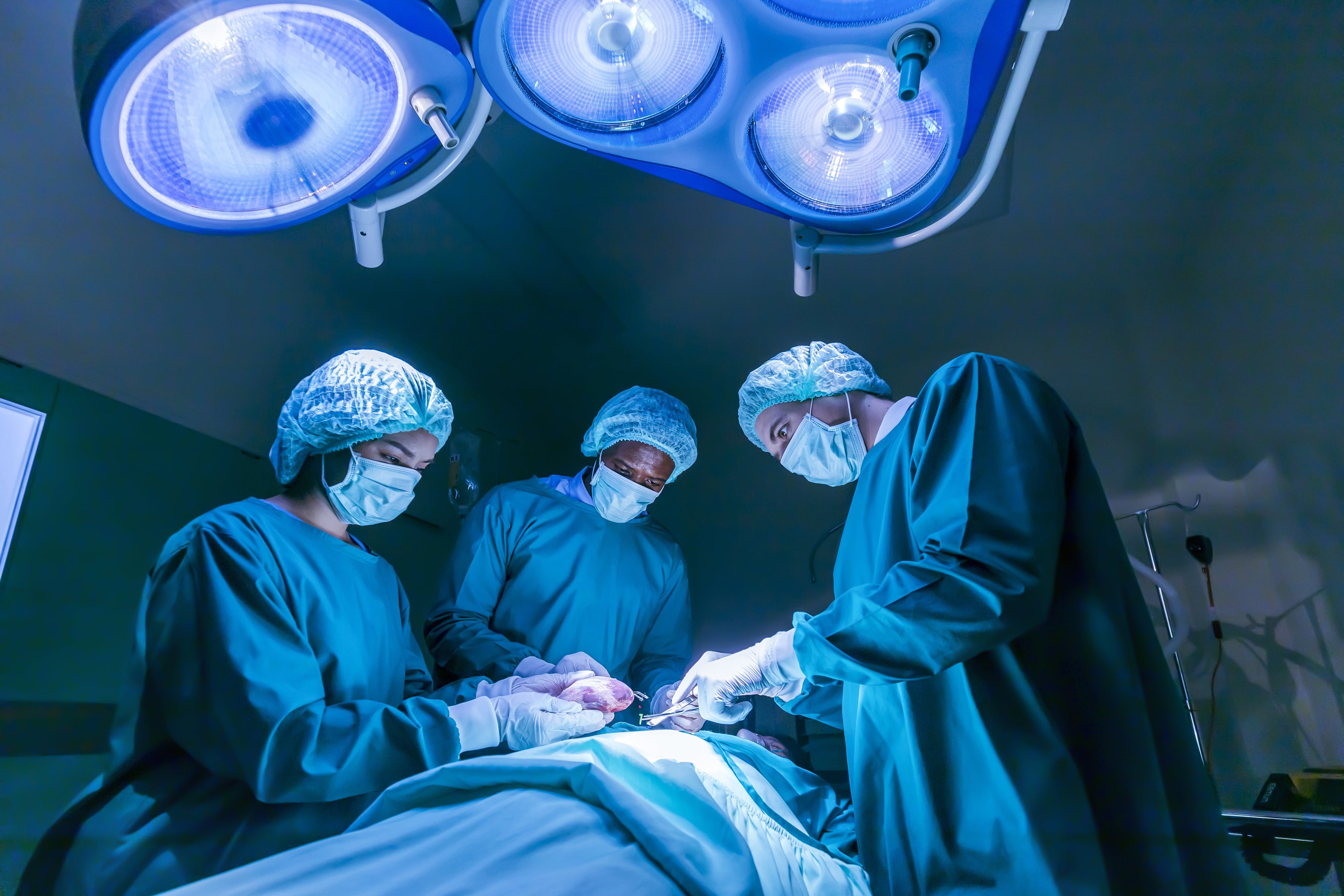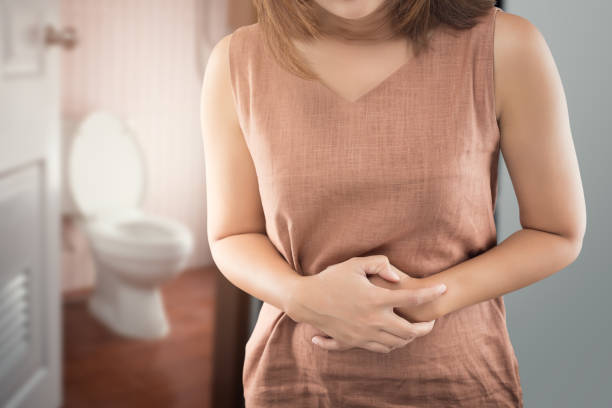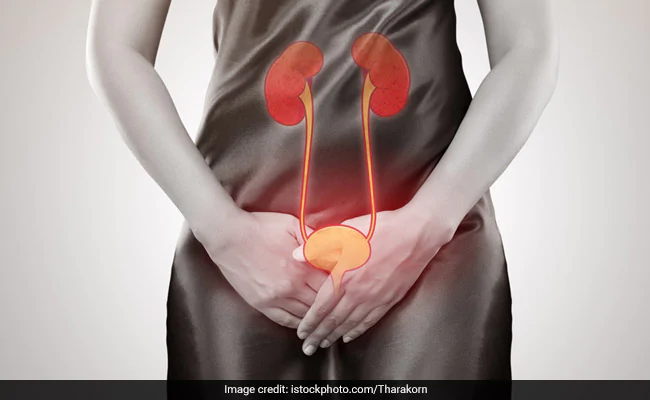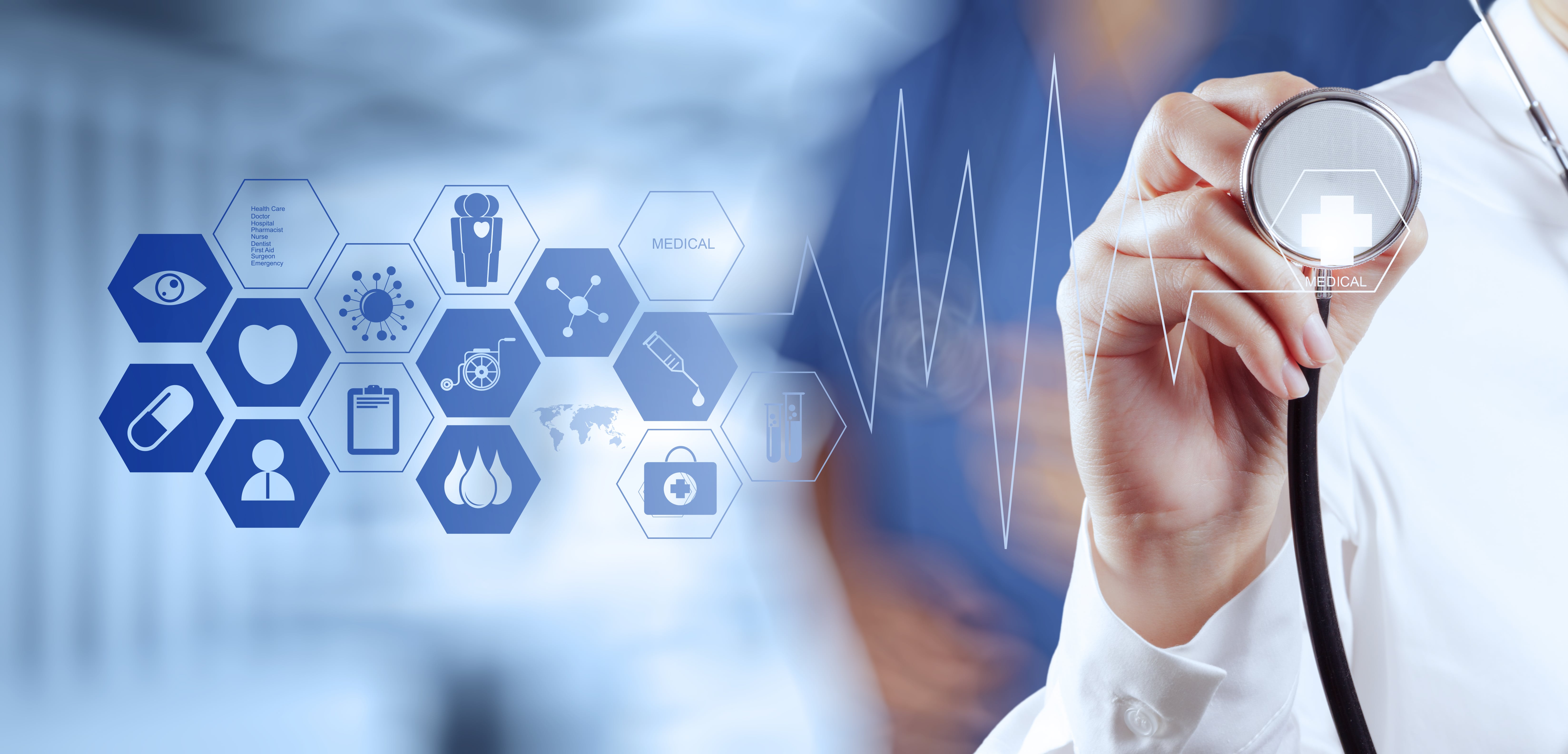- Our Doctors
- Our Specialities
Centres of Excellence
-
 Centre for Blood Diseases, BMT & Cancer Immunotherapy
Centre for Blood Diseases, BMT & Cancer Immunotherapy -
 Centre for Bone, Joint & Spine
Centre for Bone, Joint & Spine -
 Centre for Critical Care Medicine and ECMO Services
Centre for Critical Care Medicine and ECMO Services -
 Centre for Gastrosciences
Centre for Gastrosciences -
 Centre for Heart & Vascular Care
Centre for Heart & Vascular Care -
 Centre for Nephro-Urosciences
Centre for Nephro-Urosciences -
 Centre for Neurosciences
Centre for Neurosciences -
 Centre for Obstetrics and Gynaecology
Centre for Obstetrics and Gynaecology -
 Centre for Organ Transplantation
Centre for Organ Transplantation
Super Speciality
-
 Advanced Diagnostic and Interventional Radiology
Advanced Diagnostic and Interventional Radiology -
 Anesthesiology & Pain Management
Anesthesiology & Pain Management -
 Clinical Nutrition and Dietetics
Clinical Nutrition and Dietetics -
 Dental and Maxillofacial Surgery
Dental and Maxillofacial Surgery -
 Dermatology
Dermatology -
 Emergency and Trauma
Emergency and Trauma -
 Endocrinology and Metabolic Disease
Endocrinology and Metabolic Disease -
 ENT and Head & Neck Surgery
ENT and Head & Neck Surgery -
 Family Medicine
Family Medicine -
 General and Laparoscopic Surgery
General and Laparoscopic Surgery -
 General Medicine
General Medicine -
 Laboratory Medicine
Laboratory Medicine
-
- Key Procedures
- Our Hospitals
- International Patient
- Contact us
-
Quick Links
Blogs

What Every Woman Should Know About Menopause
How can I expect Menopause? Will there be weight gain? Will hormonal changes affect my mood? Will I need to take hormones? Meitra’s Department of Obstetrics and Gynaecology takes us through what to expect.
Menopause by definition is 12 months of no periods, and that's really the only way we can truly diagnose menopause. Menopause starts with a menopause transition, and there's the early menopause transition, where you might be having fluctuating cycles or you might actually be having some symptoms like hot flashes (A hot flash is the sudden feeling of warmth in the upper body, which is usually most intense over the face, neck, and chest), but for the most part, you're still having once a month, regular periods. The late menopause transition is where you're really starting to skip months and months at a time.
Most people always ask about hormone testing, and menopausal hormones can be helpful to aid in the diagnosis to figure out what's happening with the cycles, but it only gives us one snapshot in time. So again, you can go six months without a period, and have hormonal blood tests that look like you're in menopause, but if you ovulate and have a period after, your clock starts back at zero.
So what are the three stages of menopause?
There are three stages of menopause: perimenopause, menopause and post-menopause. In everyday terms, those names can be translated to: when changes begin, when your menstrual cycle stops, and your new normal afterward. Here’s a closer look at what happens during each one.
Perimenopause: The start of menopause
Perimenopause – or pre-menopause – is a word that means “around menopause”, when symptoms begin, leading up to menopause. This stage typically starts about 4-8 years before menopause. The age at which perimenopause begins varies – some women notice it in their 40s, but others can experience it as early as their mid-30s.
When you enter perimenopause, you’ll probably start to notice some early menopause symptoms, like changes in your period or mood shifts. These changes happen because your body’s estrogen and progesterone levels are starting to naturally decline. As your ovaries produce lower amounts of these hormones, your body adapts. It’s basically the reverse of what happened to your hormones as a teenager.
Menopause: The End of your menstrual cycle
Menopause refers to a specific point in time when your periods stop. You’re only in the menopause phase for one year because when you’ve gone 12 consecutive months without a period, you enter post-menopause.
Reaching menopause means that you’re no longer able to bear children (become pregnant). Every woman – except for those who’ve had their ovaries removed before puberty – will go through menopause.
At what age does menopause start?
The average age for menopause is around 51. But some women experience menopause in their 40s – with a small percentage experiencing signs of menopause earlier. Some women may not reach menopause until their 60s.
There’s no way to know your exact menopause age until it happens, but genetics seems to play a strong role. You may get a general idea of when to expect menopause based on when your family members went through it, particularly your mother.
Genetics isn’t the only thing that can impact when menopause starts. Medical factors can also influence menopause timing. For example, if someone’s ovaries are removed, symptoms will begin to show immediately.
Certain medical conditions like autoimmune diseases have also been associated with early menopause. Women who’ve undergone treatments like radiation therapy or chemotherapy are also more likely to show symptoms earlier.
Post-menopause: After menopause
Post-menopause simply means “after menopause”, and you reach this point when it’s been 12 months since your last period. Post-menopause signals the end of your reproductive years, and you’ll be in this stage for the rest of your life. While your ovaries are still making low levels of the hormones estrogen and progesterone, you are no longer ovulating (releasing eggs), so you can’t become pregnant.
You’ll continue to experience menopause symptoms for about 2-7 years after your final menstrual cycle (it can be longer for some people), but after that time, symptoms often get milder or completely go away.
Managing Symptoms
Unfortunately, while menopausal symptoms are short-lived for many women, others can have symptoms for years after their menstrual cycles have stopped. These may include heart palpitations, vaginal dryness, night sweats, hot flashes, sleep disruptions, and mood disorders, such as depression and anxiety.
Mood Disorders
Some women find that hormone fluctuations in perimenopause create a feeling of being out of control. Reports of increased irritability, anxiety, fatigue and depression are not uncommon. Relaxation and stress-reduction techniques, including deep-breathing exercises and massage, a healthy lifestyle (good nutrition and daily exercise), and enjoyable, self-nurturing activities may all be helpful.
Discussing mood issues with your doctor can help you identify the cause, assess for severe depression, and decide on the most appropriate intervention.
Urinary Incontinence
While it is defined as the persistent, involuntary loss of urine, most women would say urinary incontinence is an unfortunate, unwarranted, and an unwanted annoyance. Luckily, there are ways to help cope with such forms of incontinence without medication or surgery. Try drinking adequate water to keep urine diluted (clear and pale yellow), and avoid foods or beverages with a high acid or caffeine content, which may irritate the bladder lining. These include grapefruit, oranges, tomatoes, coffee, and caffeine-containing soft drinks. Also, try Kegel exercises to strengthen your pelvic floor muscles and reduce incontinence episodes.
Night Sweats
To get relief from night sweats (hot flashes that occur during sleep), try the following:
- Dress in light nightclothes
- Use layered bedding that can easily be removed during the night
- Cool down with an electric fan
- Sip cool water throughout the night
- Keep a frozen cold pack under your pillow
Trouble Falling Asleep
Establish a regular sleep schedule and sleep routine:
- Wake up and go to bed at consistent times, even on weekends.
- Relax and wind down before sleep by reading a book, listening to music, or taking a leisurely bath.
- A cup of herbal tea
- Keep bedroom light, noise, and temperature at a comfortable level -dark, quiet, and cool are conditions that support sleep
- Avoid caffeine and alcohol late in the day
Latest Posts
-
 Awake Craniotomy Jul 12, 2022
Awake Craniotomy Jul 12, 2022 -
 Curing Constipation Jul 12, 2022
Curing Constipation Jul 12, 2022 -
 The ‘Gut Health’ Buzz Jul 12, 2022
The ‘Gut Health’ Buzz Jul 12, 2022 -
 Tips to Prevent UTI Jul 12, 2022
Tips to Prevent UTI Jul 12, 2022
Categories
- Clinical Nutrition and Dietetics
- Endocrinology and Metabolic Disease
- General and Laparoscopic Surgery
- General Medicine
- Physical Medicine and Rehabilitation
- Psychiatry
- Centre for Heart & Vascular Care
- Centre for Bone, Joint & Spine
- Centre for Neurosciences
- Centre for Gastrosciences
- Centre for Nephro-Urosciences
- Centre for Blood Diseases, BMT & Cancer Immunotherapy
- Centre for Obstetrics and Gynaecology

 +91 9393 108 108
+91 9393 108 108














































